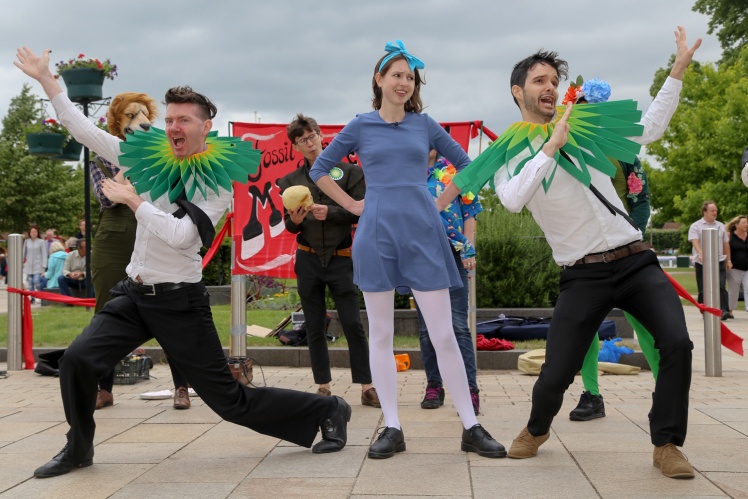
From Voice to action

BY: Nici West
23 Jul 2018
What does it take to get your voice heard in a saturated media market? Art has a long history with activism, with artists and activist groups using many art forms to get their voice heard for centuries. But why is art a powerful tool to raise awareness and have an impact on the world? And what projects have been successful?
At Voice magazine, we’ve been exploring how art is integral to activism movements - from environmental issues to equal rights for LGBTQ+, class discrimination and disability rights. In July, we’re delighted to be working with DPAC (Disabled People Against Cuts), who have written about what to do when you become disabled, the right to independent living, the history of disability activism and more. Check out our coverage in From Voice to Action for some inspiring shout outs about arts and activism.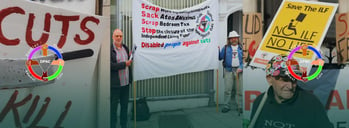
Why use arts for social action?
The arts have long been an important tool for activists because they can speak to every individual on a personal level. Artistic tools and methods are accessible to all, which gives us a more diverse platform than many modern political or media channels.
Using the arts as a social action tool can help you:
- Get your voice heard and spread your message wider
- Create an emotive and empathetic response
- Grab attention as people are more likely to listen to a message if it’s presented in an entertaining manner
- Explore an intense subject with sensitivity
- Represent a broad and diverse range of voices
The Tate defines activist art as: “a term used to describe art that is grounded in the act of ‘doing’ and addresses political or social issues… The aim of activist artists is to create art that is a form of political or social currency, actively addressing cultural power structures rather than representing them or simply describing them.”
It’s no wonder that social action organisations have been using art to get their voice heard for many years. The theatrical protest group, BP or Not BP, for example, use public theatre performances to challenge fossil fuel sponsorship of arts and culture, under circumstances that disrupt other arts events without permission. 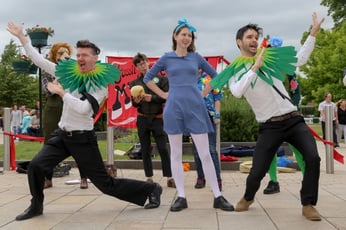 Their latest project, Fossil Free Mischief Festival, challenges BP’s sponsorship of the Royal Shakespeare Theatre, in particular the funding of the reduced tickets for 16 - 25-year-olds. They’re particularly angry about the hypocrisy of a company that has a huge impact on climate change advertising to the generation who will be most affected by it.
Their latest project, Fossil Free Mischief Festival, challenges BP’s sponsorship of the Royal Shakespeare Theatre, in particular the funding of the reduced tickets for 16 - 25-year-olds. They’re particularly angry about the hypocrisy of a company that has a huge impact on climate change advertising to the generation who will be most affected by it.
BP or Not BP will be producing a feature piece for Voice Magazine about how to use arts to get your voice heard, and they’re particularly interested in ensuring that they represent the voice of people most affected by the issues they rally against, rather than speaking for them. Keep an eye on the From Voice to Action Voicebox for BP or Not BP’s how-to guides and interviews with their young employees - great tools for Arts Award students and advisers looking to produce a project that has an impactful message.
Getting your Voice heard - using Arts Award for social action
Young people have always led the way in activism. Whether it’s by leading protests, building campaigns on social media, or using graffiti and street art, young people often find a way to get their voice heard by the wider public.
We’re delighted to see young people using their Gold Arts Award to develop social action projects, such as:
- Ruby Llewellyn looked at packaging design as part of her project and wrote about the use of unsustainable materials in packaging on Voice Magazine.
- Emma Le P explored the issues of inequality and underrepresentation in the arts as part of her project.
Why not encourage your Arts Award students to explore activism within their arts projects? They might choose to create an arts project with a social action message; explore activist artists such as Freida Kahlo, Ai Weiwei or Alfredo Jaar; or approach organisations such as BP or Not BP or Mind the Gap.
Get inspiration from artists and young people at From Voice to Action and Arts Award Voice.
Related posts
BY: Guest Writer
BY: Nicola King
BY: Alan Lynch

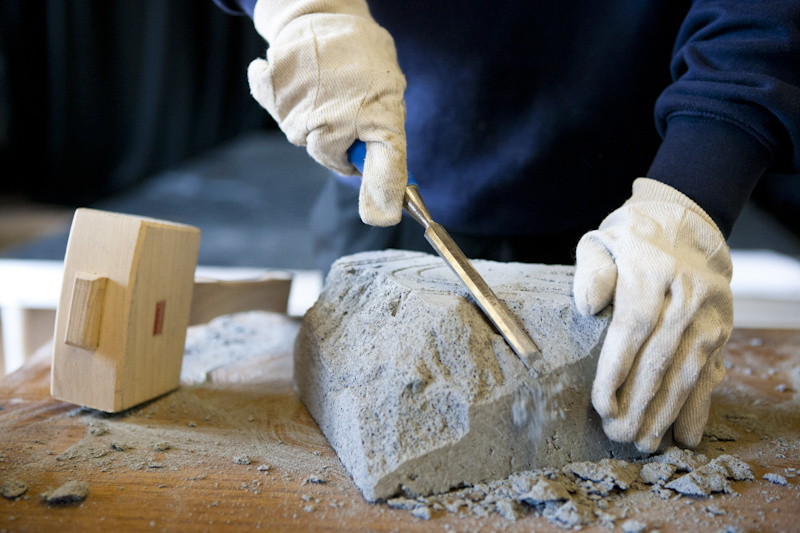
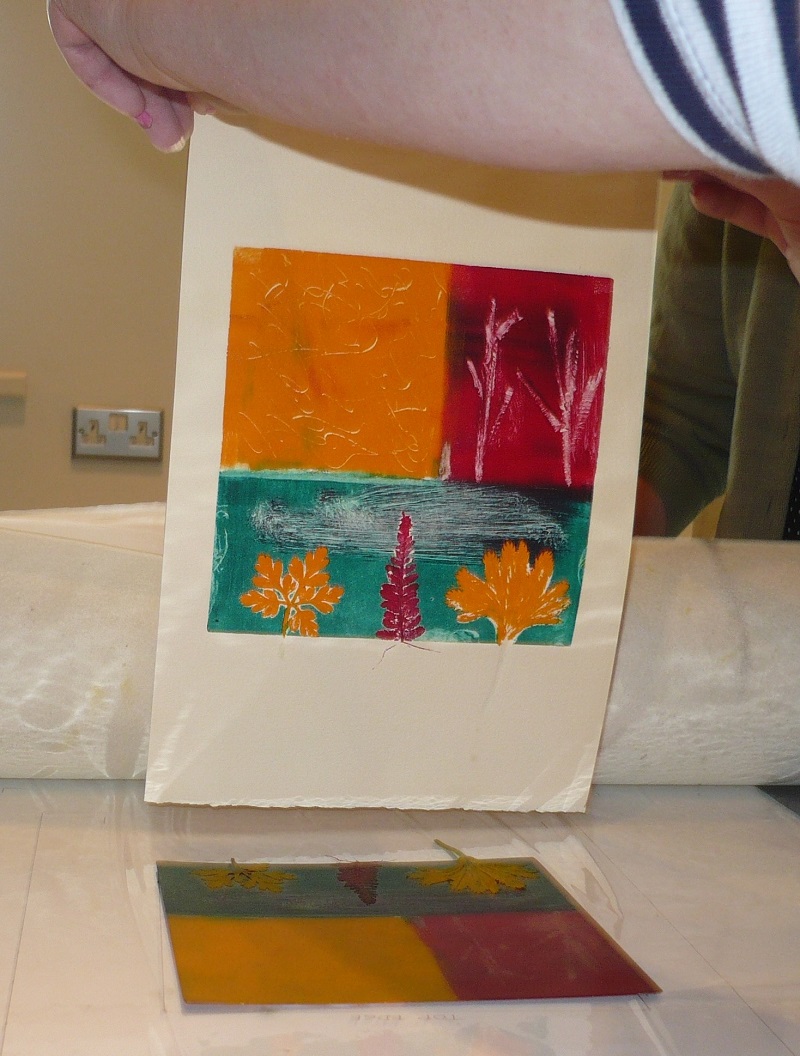
Comments & Replies